Summaries of books about Political Ideologies:
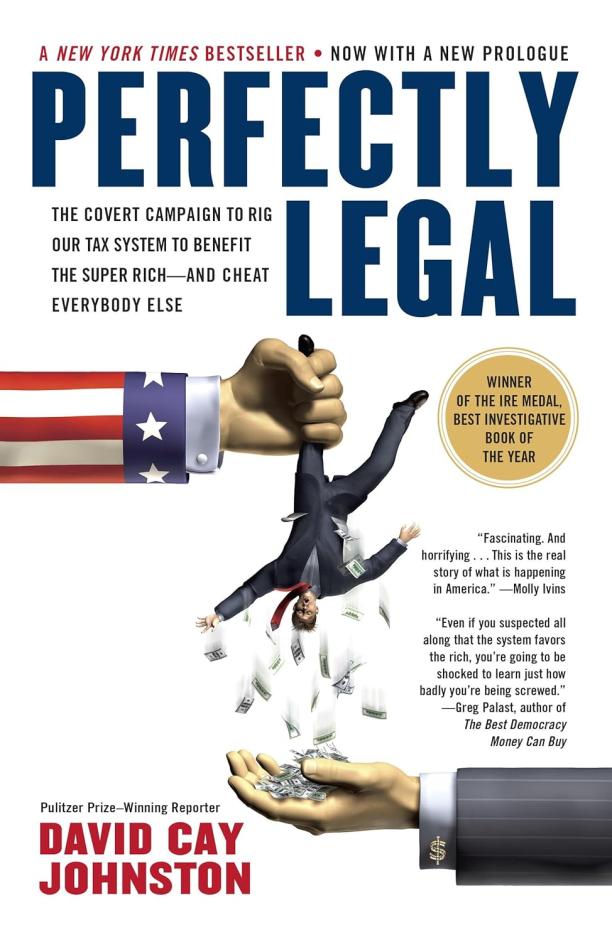
Perfectly Legal
The Covert Campaign to Rig Our Tax System to Benefit the Super Rich--and Cheat E verybody Else
David Cay Johnston
The book exposes how the American tax system is manipulated by the wealthy and powerful to minimize their tax burdens at the expense of the middle and lower classes. It delves into the loopholes, political influence, and legal strategies that enable the rich to avoid paying their fair share, highlighting the resulting inequality and fiscal impact on society.
See full summary
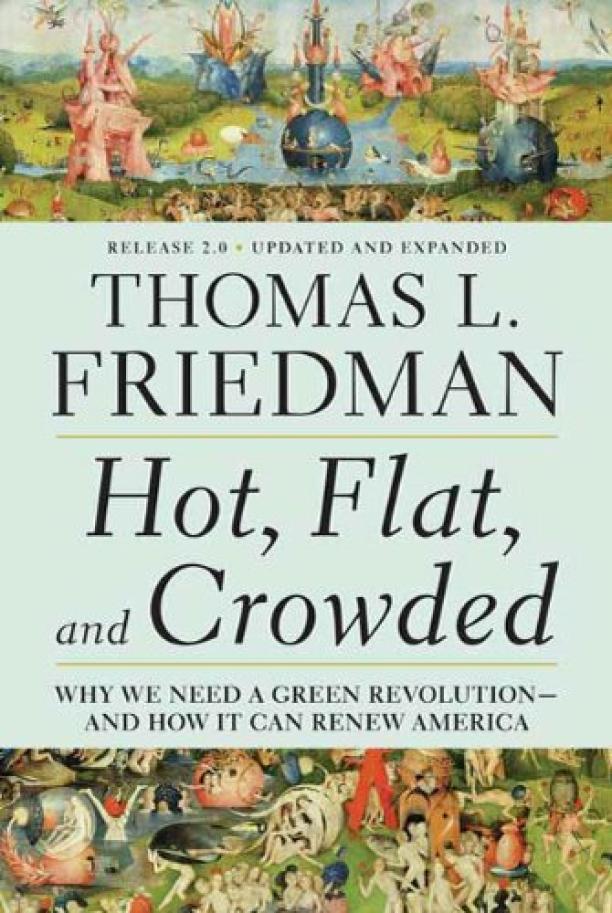
Hot, Flat, and Crowded 2.0
Why We Need a Green Revolution--and How It Can Renew America
Thomas L. Friedman
The book argues that the convergence of global warming, global flattening (increased global competition), and global population growth is creating a crisis that necessitates a green energy revolution. It posits that such a revolution could restore America's leadership role in the world and improve the planet's environmental health.
See full summary
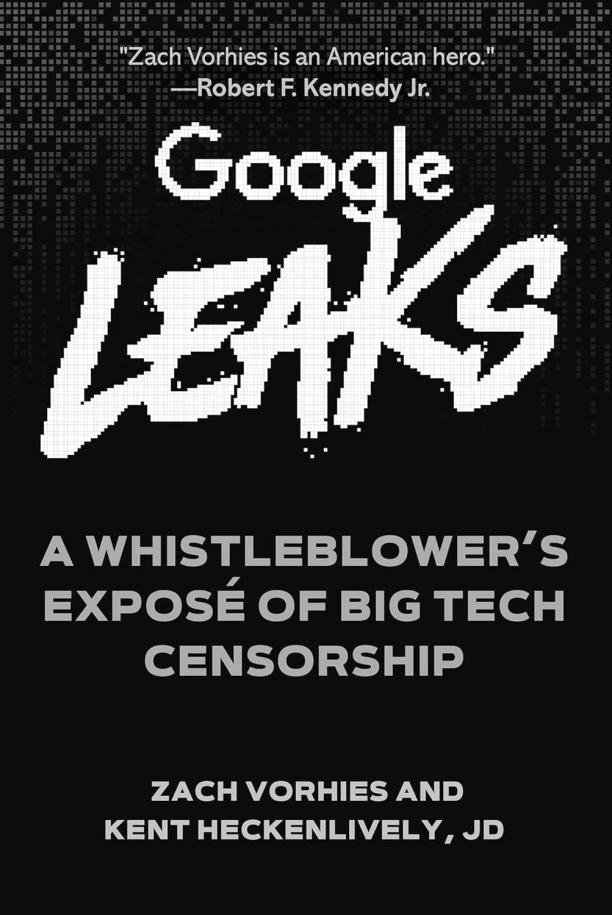
Google Leaks
A Whistleblower's Exposé of Big Tech Censorship
Zach Vorhies|Kent Heckenlively
The book presents the account of a former Google employee who claims to have uncovered evidence of the tech giant's political bias and censorship practices. It details the alleged manipulation of search results and news feeds, aiming to expose the company's influence on public opinion and information access.
See full summary
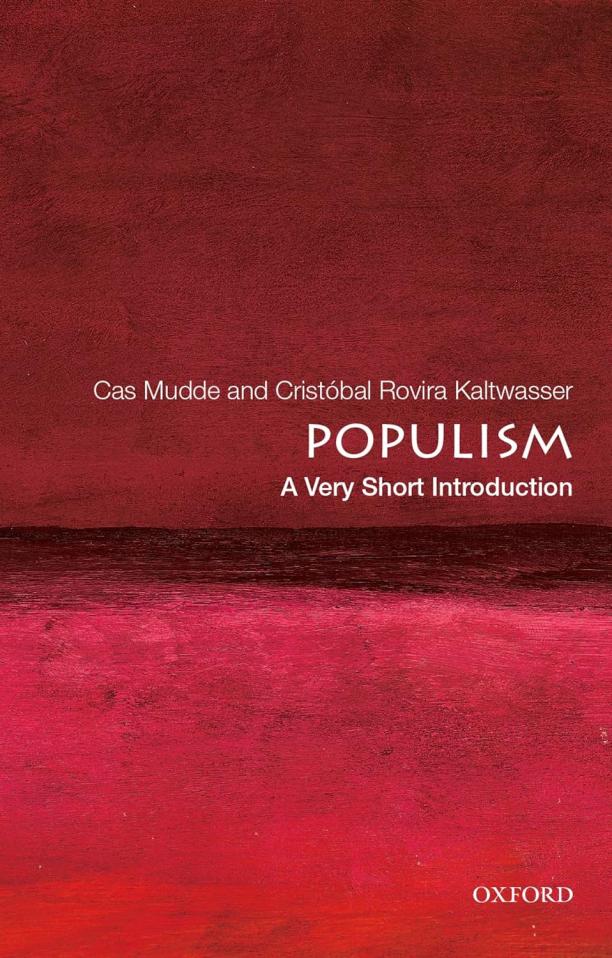
Populism
A Very Short Introduction
Cas Mudde|Cristobal Rovira Kaltwasser
The book provides an overview of the complex phenomenon of populism, discussing its core characteristics, the reasons behind its rise, and its impact on contemporary politics. It examines populism across different political and cultural contexts, exploring both its democratic potentials and its threats to democratic systems.
See full summary
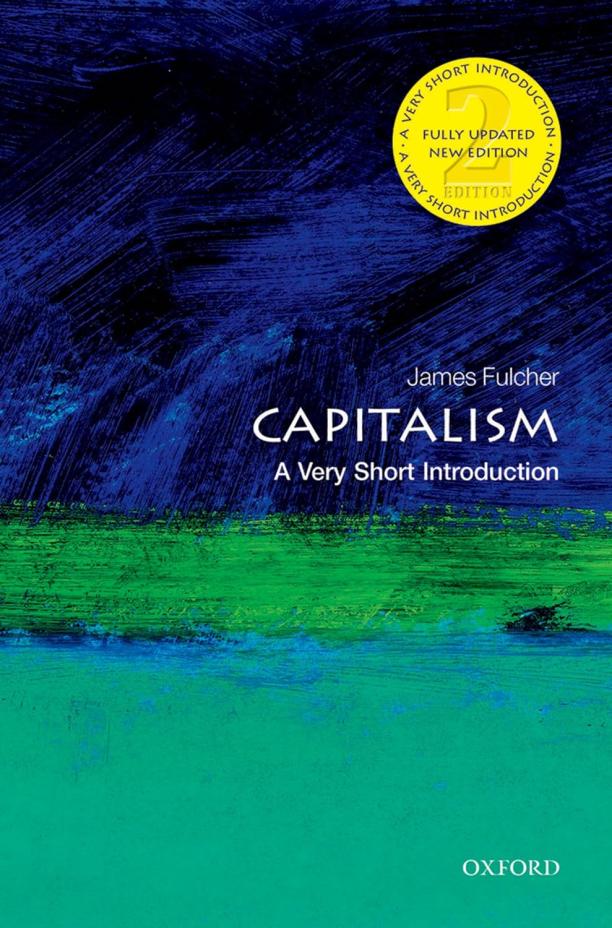
Capitalism
A Very Short Introduction
James Fulcher
The book provides a concise overview of the history, development, and global spread of capitalism, examining its economic, social, and political dimensions. It discusses the challenges capitalism faces, such as inequality and crises, while exploring its adaptability and the diverse forms it takes in different contexts.
See full summary
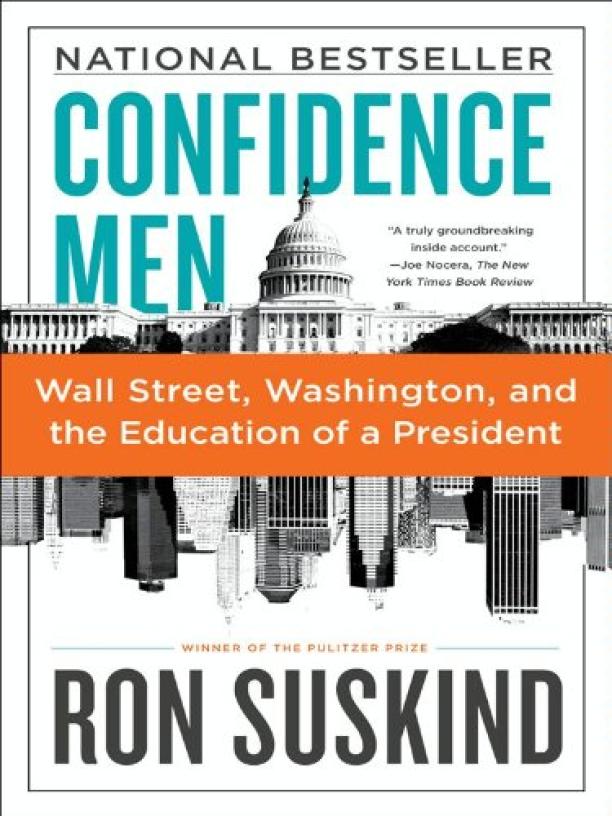
Confidence Men
Wall Street, Washington, and the Education of a President
Ron Suskind
The book delves into the early years of Barack Obama's presidency, focusing on his administration's handling of the financial crisis and the influence of Wall Street executives on economic policy. It portrays the struggles within the White House to assert control over the financial system and the challenges Obama faced in balancing reform with recovery.
See full summary
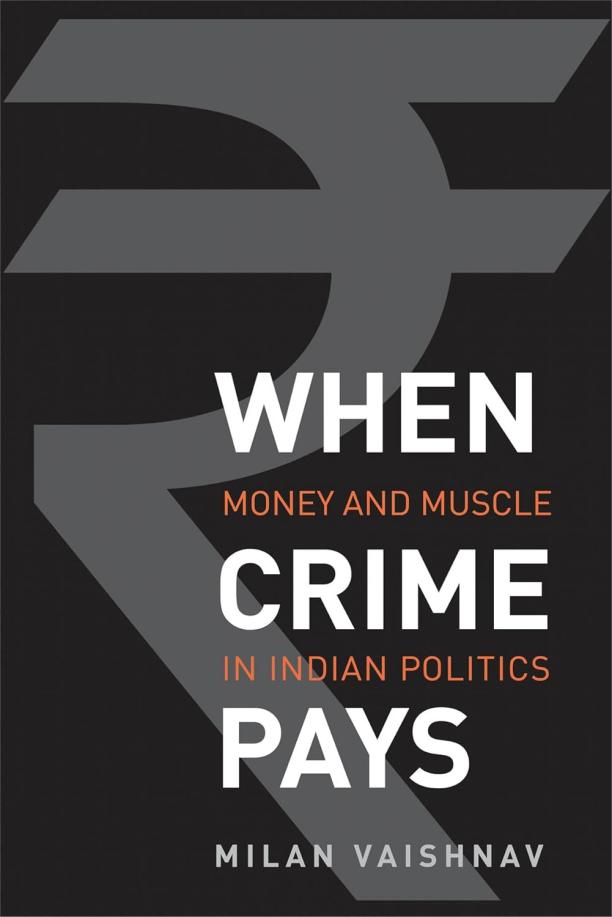
When Crime Pays
Money and Muscle in Indian Politics
Milan Vaishnav
The book delves into the pervasive intertwining of criminality and politics in India, examining how and why politicians with criminal records are elected. It explores the complex incentives for voters and parties that contribute to this phenomenon, including the provision of social goods and the use of strong-arm tactics.
See full summary
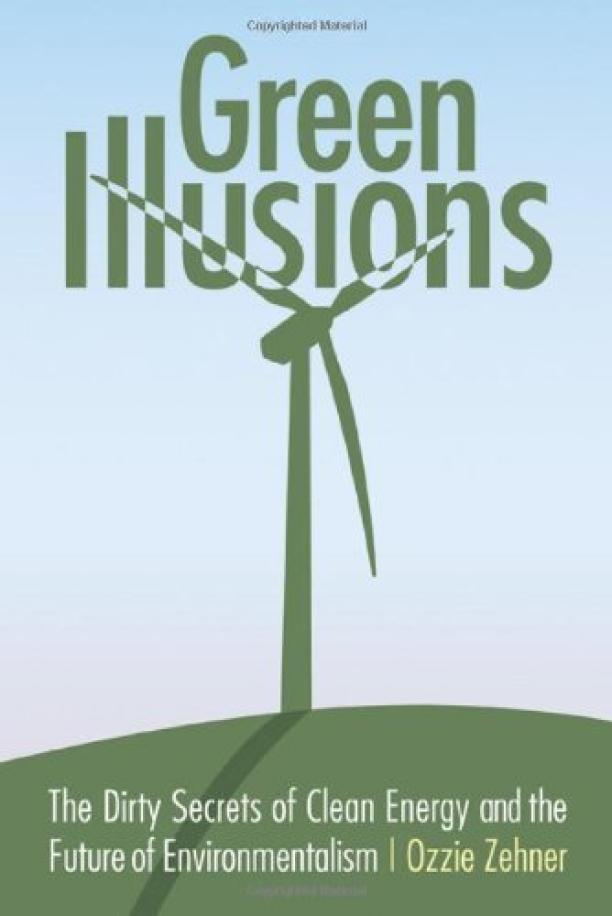
Green Illusions
The Dirty Secrets of Clean Energy and the Future of Environmentalism
Ozzie Zehner
The book challenges the conventional wisdom on green energy solutions, arguing that technologies like solar and wind power have environmental impacts often overlooked by advocates. It suggests a reevaluation of environmental priorities, emphasizing conservation, consumption patterns, and the complexity of energy dilemmas.
See full summary
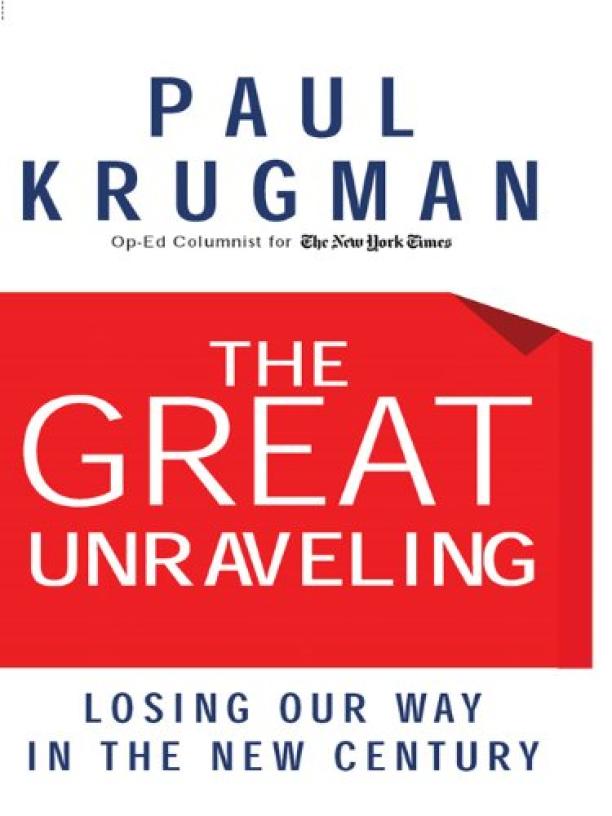
The Great Unraveling
Losing Our Way in the New Century
Paul Krugman
The book is a collection of essays and columns that critique the economic policies and political decisions of the early 2000s, particularly during the Bush administration. It argues that these policies were leading to increased inequality, fiscal irresponsibility, and a general decline in the effectiveness of governance.
See full summary
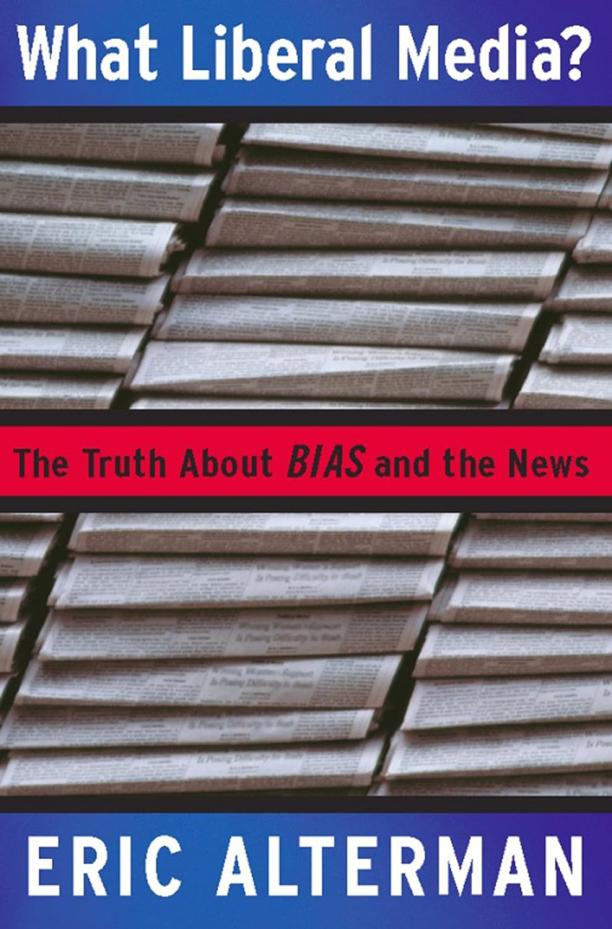
What Liberal Media?
The Truth about Bias and the News
Eric Alterman
The book challenges the perception of a liberal bias in the American media, arguing instead that the press often leans towards conservative viewpoints. It examines the influence of corporate ownership, political pressure, and the role of right-wing pundits in shaping news coverage.
See full summary